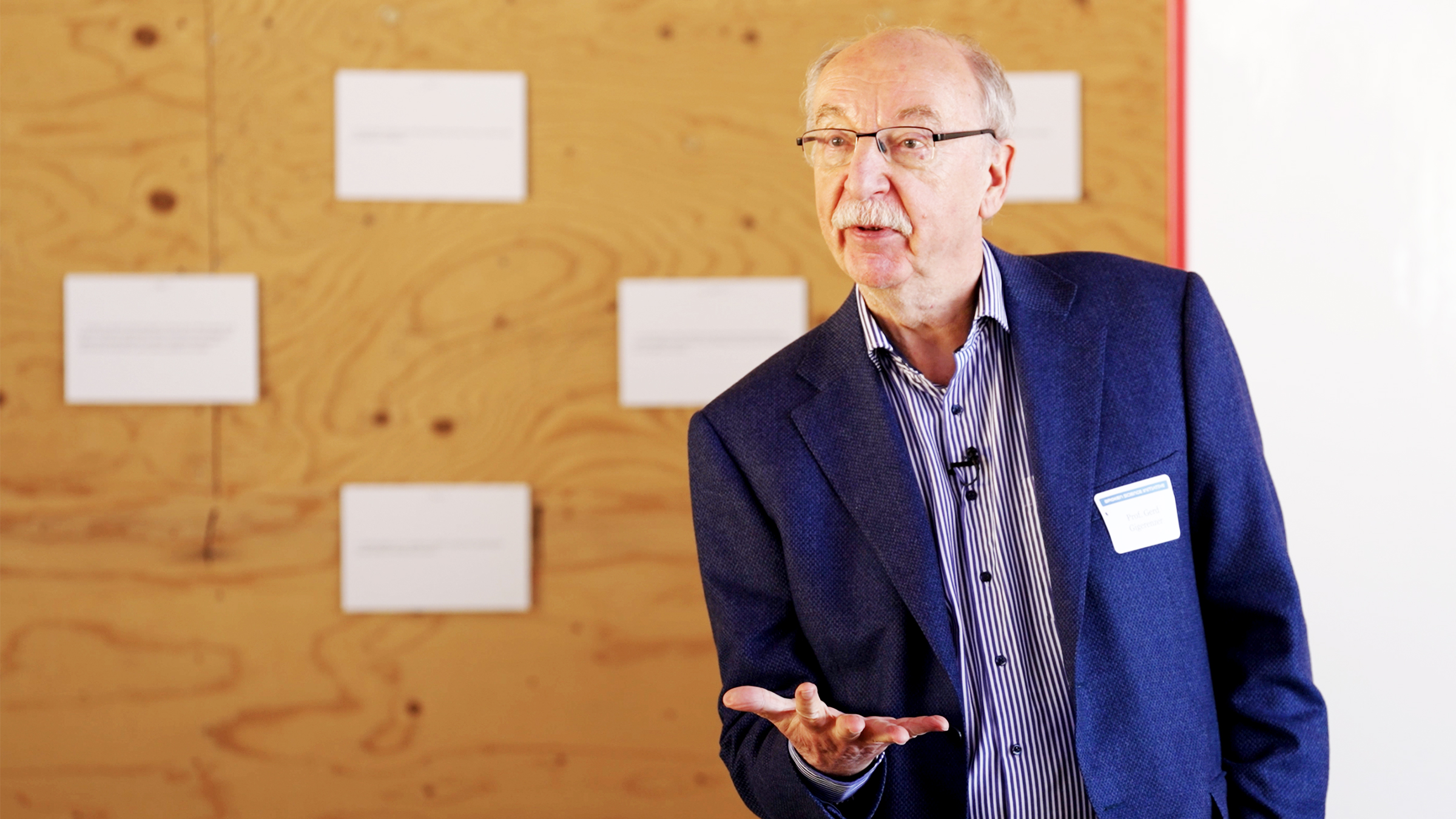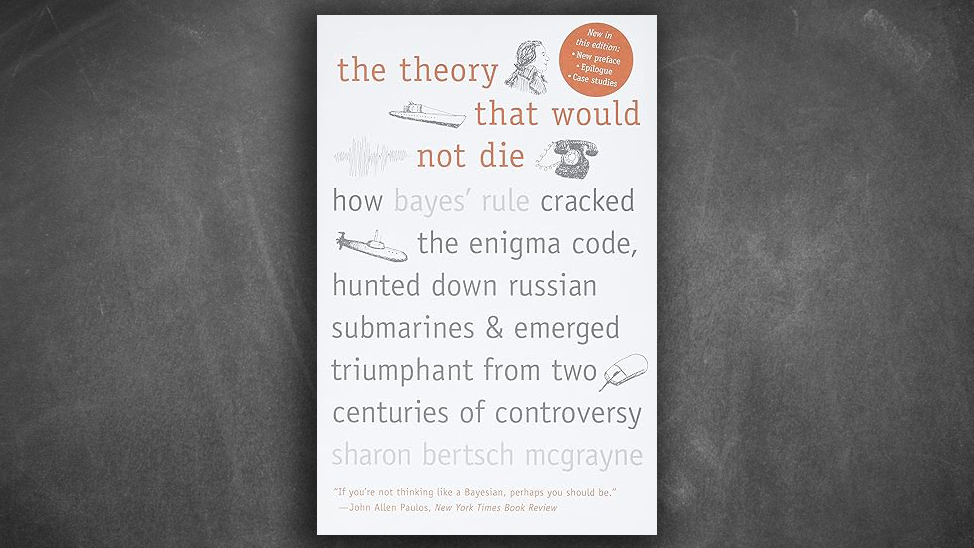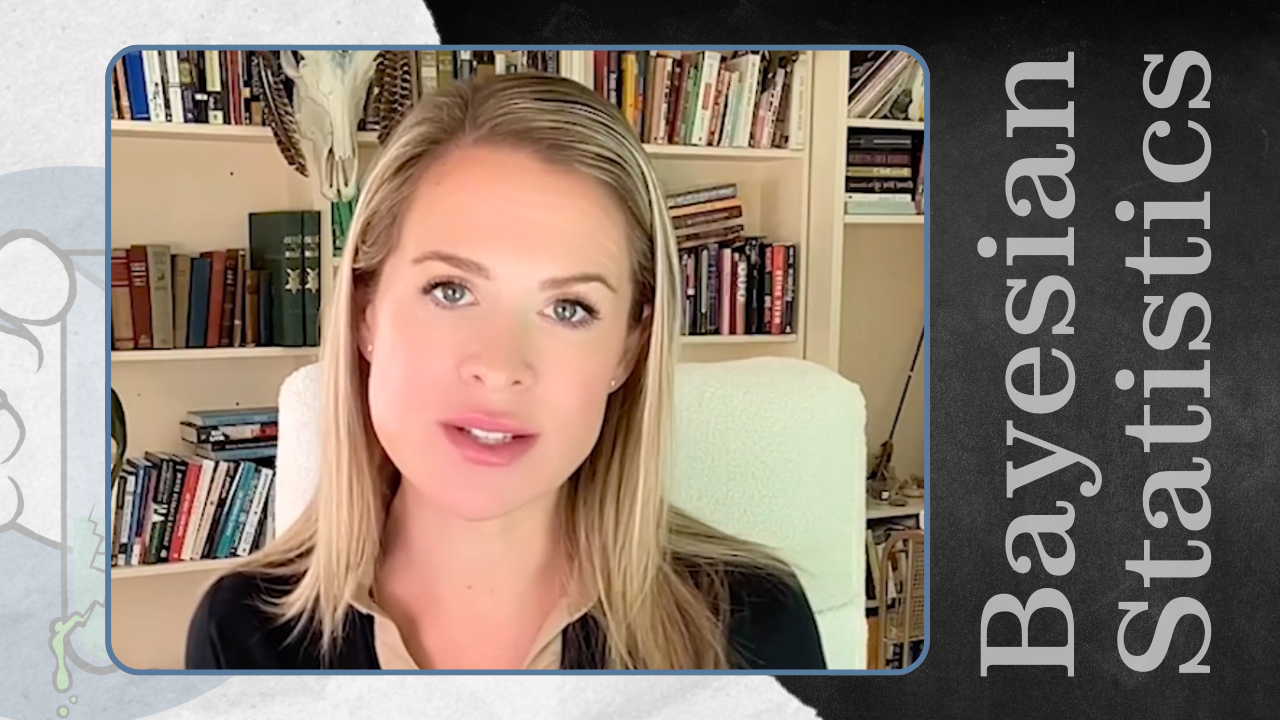Category: Probability Theory
Category: Probability Theory
Sunday at BSI’s 2024 Epistemology Camp was a loosely structured open discussion, covering probability, quantum theory, cosmology, and more.
Anton Garret argues that Bayesian methods, which incorporate prior information and logical consistency, offer a more robust framework for dealing with uncertainty compared to frequentist methods.
Sunday at BSI’s 2024 Epistemology Camp was a loosely structured open discussion, covering probability, quantum theory, cosmology, and more.
Anthony Garrett delivers a comprehensive lecture, touching on several major themes centered around the principles of probability, scientific methods, and the philosophical underpinnings of science.
Gerd dives into the history of statistical analysis in his field of psychology, which has led to a paradigm of rituals, in place of meaningful thought.
Greg Glassman kicked off the 2024 BSI Epistemology Camp with this presentation. Greg’s talk centers around the ‘breaking point’ from modern science to post modern science.
William Briggs explains the basics of calculating probability, which pieces of the calculation are subjective, and how the results can influence beliefs and actions.
How Bayes' Rule Cracked the Enigma Code, Hunted Down Russian Submarines, and Emerged Triumphant from Two Centuries of Controversy
In this video Emily explains the difference between a Bayesian approach and a frequentist approach to analyzing statistics. A Bayesian analysis looks at prior probabilities combined with data to determine the probability that the hypothesis is true. A frequentist analysis compares the hypothesis to the null-hypothesis, a yes/no approach, to determine if the data could support the null-hypothesis. It then ranks the data with a P-value, but it actually says nothing about the hypothesis being true.
By Emily Kaplan








